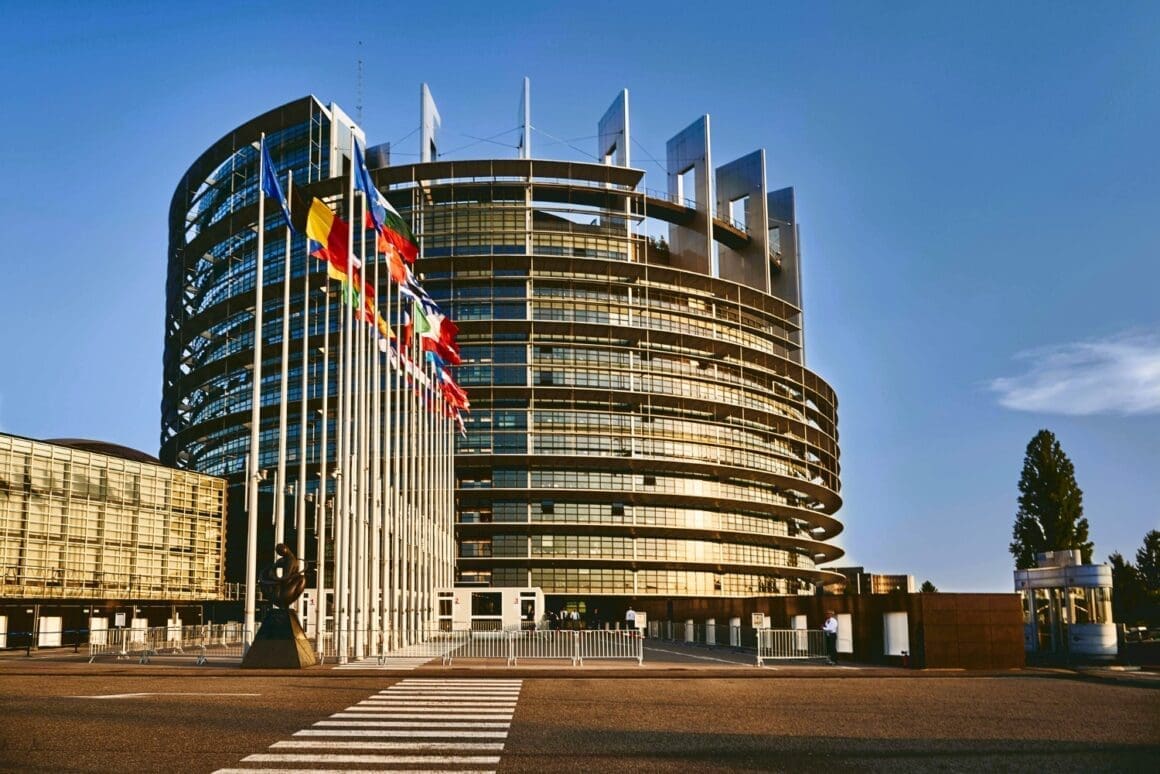After extensive negotiations spanning nearly two years, Members of the European Parliament and European governments have reached an agreement on the new Soil Monitoring Law. This legislation mandates the establishment of comprehensive data collection systems by governments and encourages the consideration of restrictions on practices that contribute to soil degradation.
Over the past year, there has been significant opposition to EU environmental policy from large farming lobbies and conservative lawmakers in Brussels. These pressures have already resulted in the withdrawal of plans to reduce pesticide use, as lawmakers aim to mitigate the immediate impact on farmers.
The provisional agreement, reached in the early hours of Thursday morning, marks a crucial step in enhancing support for farmers and stakeholders committed to maintaining soil health. The new law emphasizes providing better information and assistance, while minimizing bureaucratic hurdles and new obligations. This approach is seen as essential to the law’s framework.
Environmental groups, who have long advocated for legally binding targets on crucial indicators such as contaminant levels, nutrient depletion, and biodiversity loss, expressed relief that an agreement was reached despite the challenging political environment. However, some remain skeptical about the law’s effectiveness in reversing soil degradation.
Critics argue that the legislation may only serve to monitor ongoing soil degradation rather than actively reversing it, raising concerns for farmer livelihoods, natural ecosystems, and climate stability. Some environmental advocates have criticized the law for its perceived lack of ambition, particularly in relation to the reduction of pesticides and other soil pollutants.
The European Commission highlighted the final text’s extension of several deadlines from the original proposal, describing it as a pragmatic and flexible framework aligned with their simplification agenda. This approach aims to provide support and enhanced knowledge of soil conditions to farmers and soil managers without imposing additional obligations.
The Evolving Landscape
The new Soil Monitoring Law represents a significant development in European environmental policy, with potential implications for various sectors. For farmers, the law promises access to improved data and insights into soil health, potentially leading to more sustainable agricultural practices. However, the lack of stringent regulations on pesticide reduction may leave some environmental concerns unaddressed.
Communities and consumers may experience indirect effects through changes in agricultural practices, which could impact food quality and availability. The law’s focus on monitoring rather than immediate action may delay tangible improvements in soil health, affecting long-term environmental sustainability and climate resilience.
As the law takes effect, stakeholders across Europe will need to navigate the balance between regulatory compliance and the pursuit of environmental goals. The ongoing dialogue between policymakers, farmers, and environmental advocates will be crucial in shaping future amendments and ensuring the law effectively addresses soil degradation challenges.














